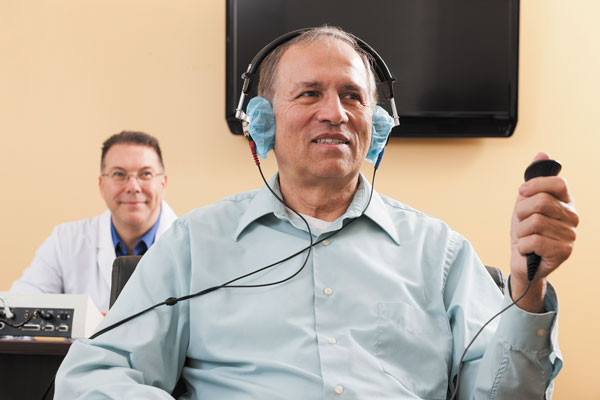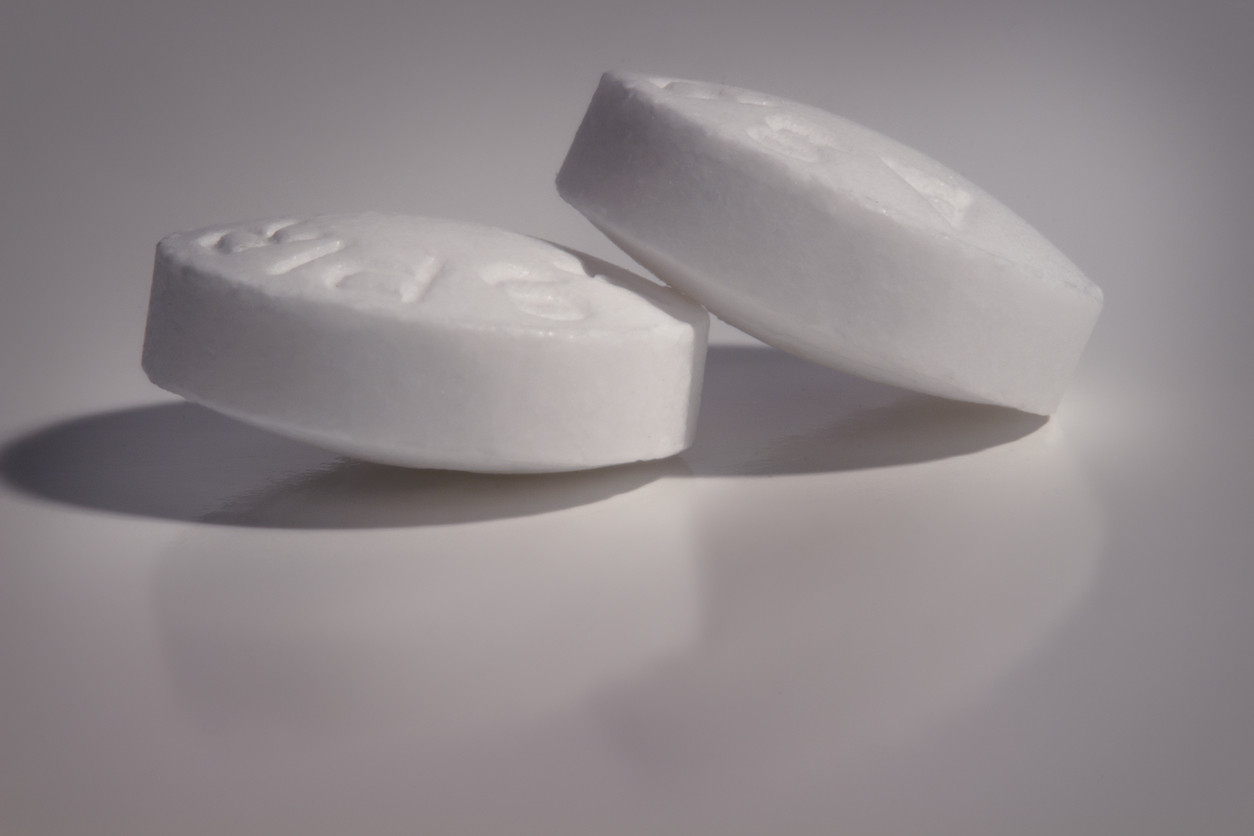
Hemoglobin A1c (HbA1c): What to know if you have diabetes or prediabetes or are at risk for these conditions

What could be causing your blurry vision?

Avocado nutrition: Health benefits and easy recipes

Swimming lessons save lives: What parents should know

Preventing and treating iliotibial (IT) band syndrome: Tips for pain-free movement

Wildfires: How to cope when smoke affects air quality and health

What can magnesium do for you and how much do you need?

Dry socket: Preventing and treating a painful condition that can occur after tooth extraction

What happens during sleep — and how to improve it

How is metastatic prostate cancer detected and treated in men over 70?
Staying Healthy Archive
Articles
Looking for a few good men
There are many opportunities to join a clinical trial, and you may be surprised at what you can learn about your health.
Image: ggustavofrazao/Thinkstock
You no doubt have seen advertisements asking people to join a clinical trial and thought they don't apply to you. But perhaps you should reconsider.
"People have a vested interest in the outcome of research trials, since these studies address many issues they want to avoid or better manage, such as cancer, diabetes, blood pressure, and dementia," says Dr. Howard Sesso, an epidemiologist with the division of preventive medicine at Harvard-affiliated Brigham and Women's Hospital.
Stopping exercise for 10 days can decrease brain blood flow
Stopping exercise for 10 days can reduce brain blood flow by 20% to 30% in eight brain regions, including the hippocampus, which is responsible for learning and memory and is one of the first brain regions to shrink in Alzheimer’s disease.
Now hear this: You may need hearing aids
These tiny devices can improve your communication, your relationships, and even your brain function, but only if you use them.
Image: Huntstock/Thinkstock
Age-related hearing loss affects about a quarter of people ages 65 to 74 and half of those ages 75 and older, according to the National Institute on Deafness and Other Communication Disorders. Over all, though, it tends to be more male-oriented.
“By middle age, many men also have hearing nerve damage from long exposure to noises like power tools, music, and guns,” says Dr. Steven Rauch, an otologist with Harvard-affiliated Massachusetts Eye and Ear. Some career choices—like construction, manufacturing, or military service—also contribute.
What clinical trials can do for you
Participating in a medical study may benefit your health and perhaps that of millions of others.
Image: grandaded/Thinkstock
If you've ever considered donating your body to science—or granting science a temporary loan—now's the time to do it. Researchers are always recruiting patients for studies of new treatments and preventive strategies for diseases ranging from Alzheimer's to zoster (shingles). In the simplest terms, these studies compare existing approaches to newer ones in similar groups of people and determine which is more effective.
"Clinical trials are the vehicle by which we transfer things that we think into things that we know or don't know," says Dr. Jeffrey Drazen, professor of medicine at Harvard Medical School and editor in chief of The New England Journal of Medicine.
Health advice for 2017: Simplify, simplify
You may be able to save time and money—and spare yourself frustration—by adopting a more minimal approach to preventing disease.
Image: monkeybusinessimages /Thinkstock
As the Shaker lyrics go, "'Tis the gift to be simple," and simplicity is a gift you might want to grant yourself in the new year. If so, you'll have some help from health experts. In the past few years, complicated advice for diet and exercise has given way to simpler, more sustainable guidelines, and the FDA has come down in favor of simple soap and water over antimicrobial cleaners to prevent infectious diseases.
If you've vowed to make positive changes in your lifestyle this year, you're likely to be more successful if you don't take on complex new regimens. "People can achieve remarkable changes in their lives one small step at a time," says Dr. Edward M. Phillips, assistant professor of physical medicine and rehabilitation at Harvard Medical School and medical editor of the Harvard Special Health Report Simple Changes, Big Rewards (www.health.harvard.edu/change).

Hemoglobin A1c (HbA1c): What to know if you have diabetes or prediabetes or are at risk for these conditions

What could be causing your blurry vision?

Avocado nutrition: Health benefits and easy recipes

Swimming lessons save lives: What parents should know

Preventing and treating iliotibial (IT) band syndrome: Tips for pain-free movement

Wildfires: How to cope when smoke affects air quality and health

What can magnesium do for you and how much do you need?

Dry socket: Preventing and treating a painful condition that can occur after tooth extraction

What happens during sleep — and how to improve it

How is metastatic prostate cancer detected and treated in men over 70?
Free Healthbeat Signup
Get the latest in health news delivered to your inbox!
Sign Up











